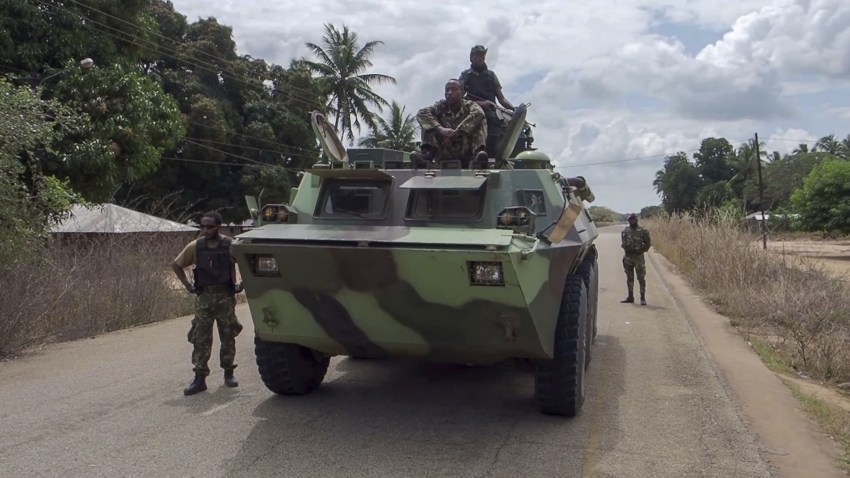The recent surge in violence in Mozambique’s northern province of Cabo Delgado underscores the complex nature of the conflict there. Since 2017, an Islamist insurgency affiliated with the Islamic State has targeted government forces and civilian communities in the province, displacing hundreds of thousands and disrupting lucrative offshore gas operations. After a period of reduced activity over the past three years, the insurgency has engaged in a series of high-profile attacks since December, underscoring the need for a more comprehensive approach to address the factors sustaining the conflict.
Despite the weaknesses of its own security forces, the Mozambican government has consistently focused on addressing the military aspects of the conflict, a strategy that gained even greater prominence with the intervention of international forces in 2021. While security improvements in the hardest-hit districts of the province since then created opportunities for the government to provide governance in newly secured areas, these efforts have often been underfunded and uneven, and met with accusations of corruption and bias.
Indeed, the combination of the government’s approach and the insurgents’ modified tactics has created an environment that allowed the group to survive, recover and once again attempt to challenge the state and its allies in northern Mozambique.

